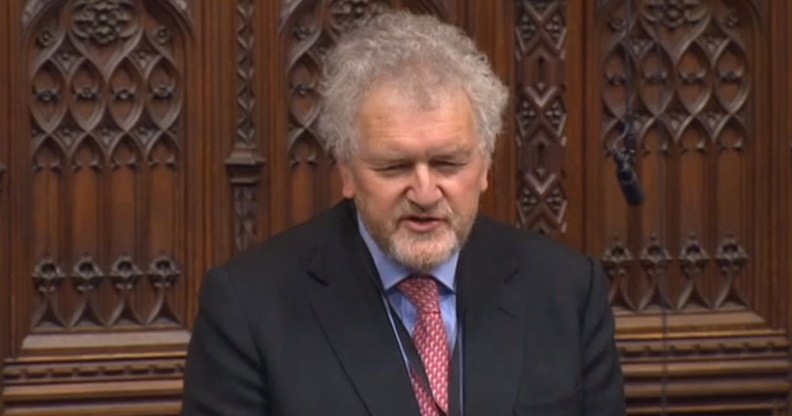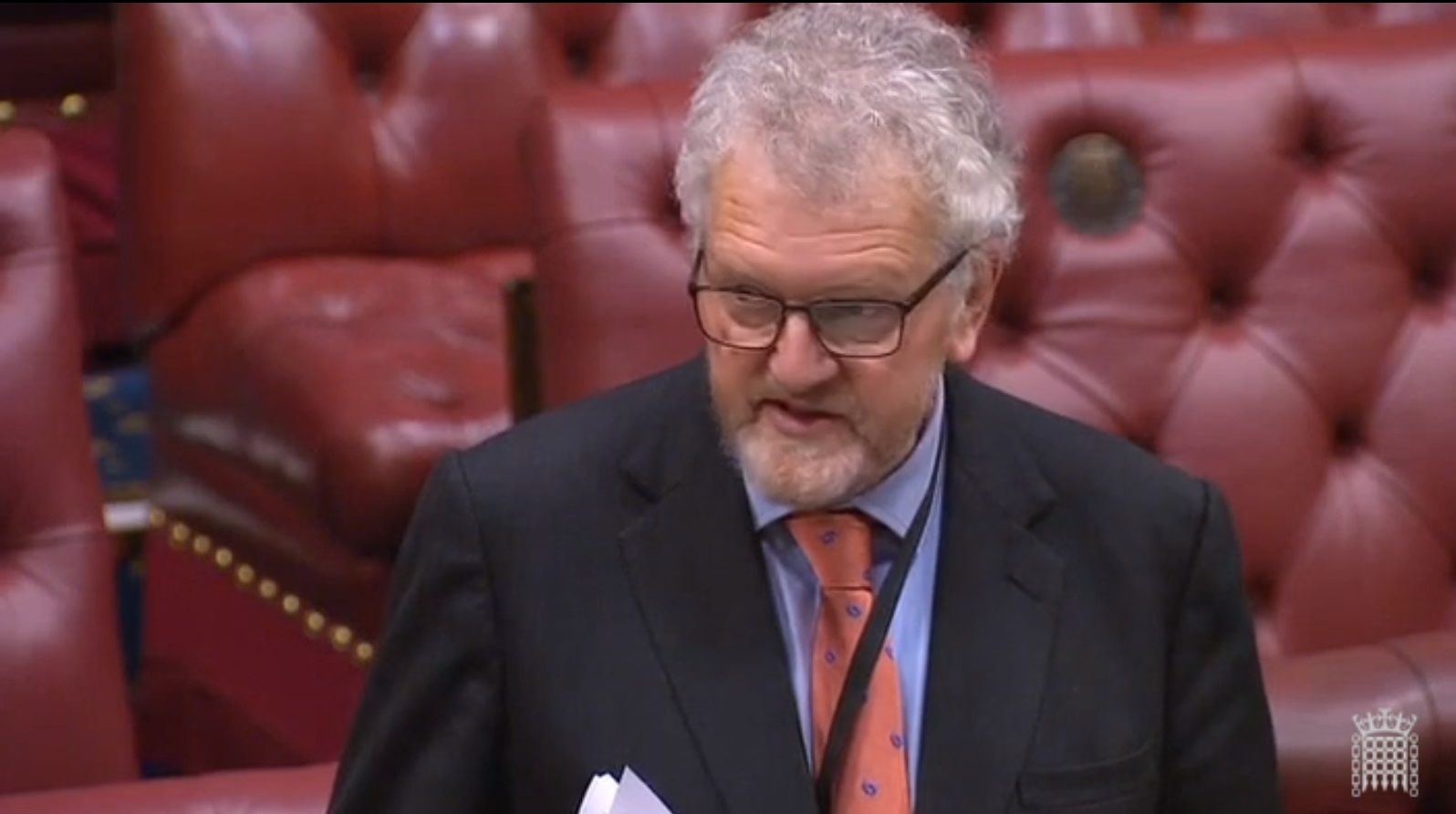Unelected Tory peer demands the government explain what a woman is because apparently there’s nothing more important going on

Hereditary peer Lord Lucas has found something to occupy his time
An unelected male Tory aristocrat who was born into a life of privilege and power, Lord Lucas, is apparently the new saviour of the ‘gender critical’ movement in parliament.
Government departments are having to take time out from the mammoth job of responding to the coronavirus pandemic to respond to a flood of written parliamentary questions from Lord Lucas – an unelected, Eton-educated member of the House of Lords who is only entitled to sit in parliament because of titles awarded to his family 12 generations ago.
Lord Lucas files 21 separate questions on transgender issues.
Over the past month, Lucas has barraged government departments including the department for education, ministry of justice, home office, department of health and social care, cabinet office and government equalities office with a stream of hostile questions about their policies on transgender issues.
Departments respond to all written questions from MPs and peers while parliament is sitting, with government ministers submitting public responses in the past week patiently explaining the fundamental basics of equality laws – all of which have been in force for at least a decade without controversy.
The issue appears to be the primary preoccupation of the peer, who over the same time period has submitted just two questions on unrelated matters.

As a hereditary peer, there is no way for the public to vote to remove the unelected Lord Lucas – who claims a seat in the Lords by birthright, and was picked by other Tory hereditary peers to remain there after minor reforms in 1999.
Unelected peer demands someone explain to him what a woman is.
In one of his questions, Lord Lucas – who holds the hereditary titles of 12th Baron Lucas and 8th Lord Dingwall – demanded the government explain what a woman is.
He wrote: “To ask her majesty’s government what is their definition of (1) man, (2) woman, (3) male, (4) female, (5) boy, (6) girl, (7) transgender, (8) sex, (9) gender, and (10) gender identity.”
Equalities minister Baroness Berridge explained that “‘man’ is defined as ‘a male of any age’; and ‘woman’ as ‘a female of any age’, before linking to a pre-existing government document explaining basic terminology of transgender people to the peer.
When Lord Lucas asked “under which circumstances a service provider may require a person to provide a gender recognition certificate as a condition of providing services,” the same minister was forced to explain the fundamental concept of gender recognition certificates – which are not a form of ID, but “a private, legal document which a person would not usually be required to produce as a condition of accessing services, in the same way that a person would not usually be asked to produce their birth certificate.”
Meanwhile, home office minister Baroness Williams of Trafford had to patiently explain to Lucas why transgender people are protected from hate crimes based on gender identity instead of “gender reassignment”.
She wrote: “The terms race, religion, sexual orientation, disability or transgender identity are used to refer to the characteristics which offences can be aggravated by.
“This terminology is consistent with the national definition of hate crime agreed between the National Police Chiefs’ Council and the Crown Prosecution Service, and relevant legislation, including sections 145 and 146 of the Criminal Justice Act 2003.”
Other questions from Lucas sought assurances for medical patients who want to be “treated and cared for by staff of a particular sex” – though, in the middle of a pandemic and an NHS staffing shortage, we’re not sure that many people would object to a transgender nurse hooking up your ventilator.
The peer has poetically demonstrated the Eton standard of sex and relationship education before, when he suggested women regularly “wash their bloody underwear” in public bathrooms.
As a hereditary peer, there is no way for the public to vote to remove Lord Lucas – who claims a seat in the Lords by birthright, and was picked by other Tory hereditary peers to remain there after minor reforms in 1999.

